Lekeitio is a town located in the Basque region of Spain and is famous for its fishing tradition. The town is located on the Bay of Biscay and its historic fishing port is a popular tourist attraction.
Fishing in Lekeitio has a history of thousands of years and still continues today. The town's people make a living from fishing and do their best to pass on this tradition to future generations.
Every year in September, a festival called "Antzar Eguna" is held in Lekeitio. During this festival, the town's people go out to sea with traditional fishing boats and catch fish. Later, the caught fish are displayed in the town square and distributed to the public.
The fishing tradition in Lekeitio is not only a source of livelihood but also a part of the town's culture. The continuation of this tradition means the continuation of the town's people.
Fishing Tradition in Lekeitio: Historical and Cultural Features
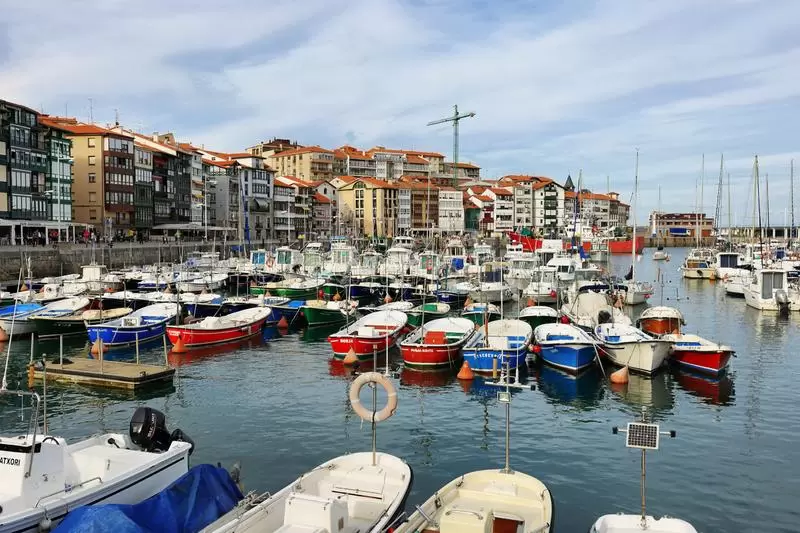
Lekeitio is a town located in the Basque region of Spain. This town is famous for its historical and cultural features. Especially, the fishing tradition is one of the most important characteristics of Lekeitio.
Fishing in Lekeitio has a history of thousands of years. Fishing activities started during the Roman Empire period. Later, in the Middle Ages, fishing became the basis of the town's economic life. Today, fishing is still one of the most important sources of income in Lekeitio.
Fishing in Lekeitio is done with traditional methods. Fishermen usually go out to sea with small boats and catch fish by throwing their nets. This method is one of the most important features of Lekeitio's fishing tradition.
Fishing in Lekeitio is not only an economic activity but also a cultural value. The town's people organize various events to keep the fishing tradition alive. For example, every year in September, the town's people organize a festival called "San Antolin". In this festival, the fishing tradition is celebrated and the fishing boats returning to the town's harbor are welcomed with great enthusiasm.
The fishing tradition in Lekeitio is preserved as a historical and cultural value. The town's people make efforts to keep this tradition alive. In this way, Lekeitio's fishing tradition can be passed on to future generations.
Fishing Tradition in Lekeitio: Its Impact on the Local Economy
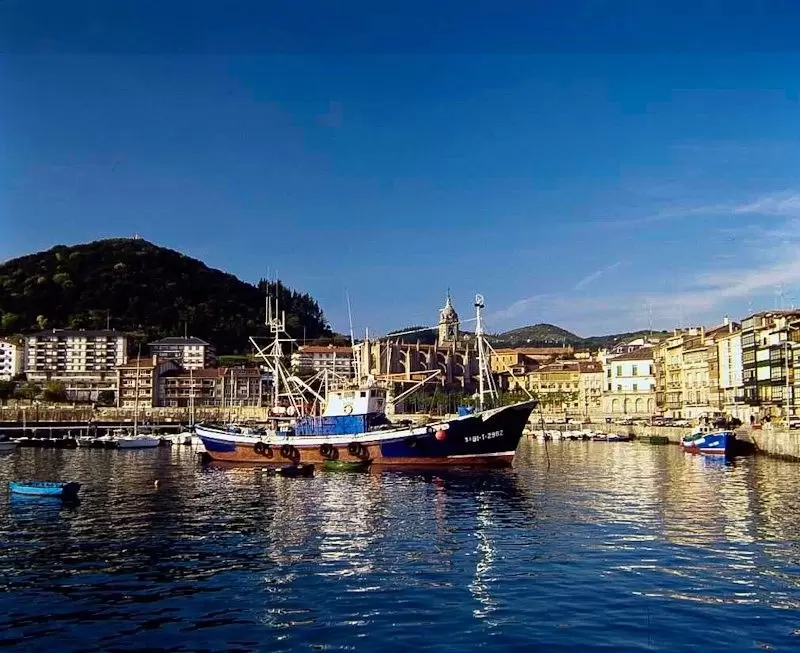
Lekeitio is a town located in the Basque region of Spain. This town is famous for its seafood and fishing tradition. Fishing in Lekeitio contributes significantly to the local economy.
Fishing has been a tradition in Lekeitio for centuries. The town's people consume fresh fish caught from the sea. Additionally, the fishing industry contributes significantly to the town's economy. Fishing is the livelihood of the town's people, and many work in this sector.
The fishing industry also contributes to Lekeitio's tourism sector. The town is famous for its fishing tradition, and tourists come to the town to witness this tradition up close. Tourists can visit the fish market in the town and purchase fresh seafood.
The fishing industry in Lekeitio is sustainably managed. Fishermen take various measures to protect fish stocks in the sea. Additionally, the fishing industry preserves the town's cultural heritage. The fishing tradition reflects the town's people's way of life and culture.
In conclusion, the fishing industry in Lekeitio contributes significantly to the local economy. The fishing tradition preserves the town's cultural heritage and contributes to the tourism sector. The fishing industry is sustainably managed, and the protection of fish stocks in the sea is prioritized.
Fishing Tradition in Lekeitio: Traditional Fishing Methods
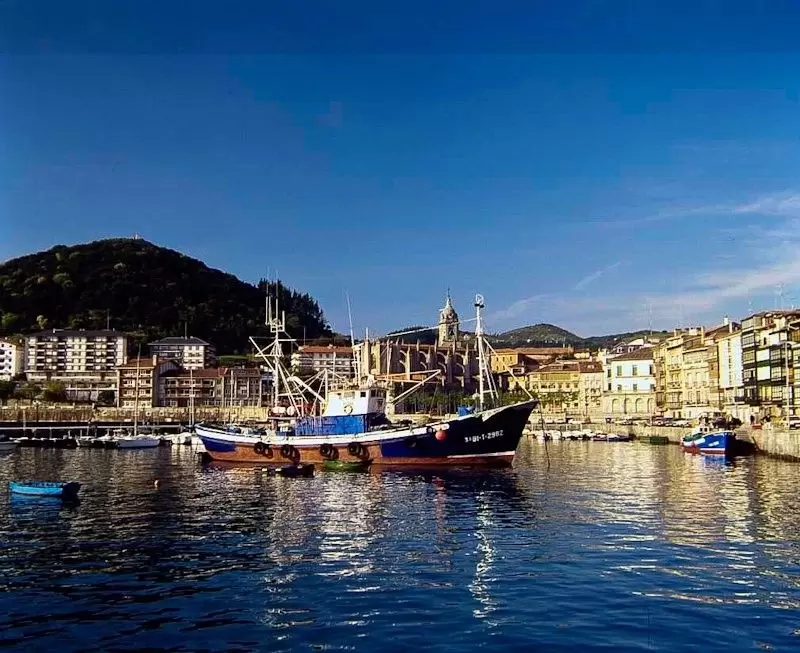
Lekeitio is a town located in the Basque region of Spain. This town is famous for its traditional fishing methods. Fishing in Lekeitio has been a part of a centuries-old tradition and plays an important role in the town's economic and cultural life.
Fishing in Lekeitio is usually done with small boats. Fishermen catch fish by throwing their nets into the sea. These nets are specially designed and have a structure that prevents fish from escaping. Fishermen wait for a while after throwing the nets into the sea and then pull them back. This method is one of the most commonly used in fishing.
Fishing in Lekeitio is not only a means of livelihood but also a culture. Fishing has an important place in the town's history and is a source of pride for the town's people. Fishing also contributes to the town's tourism industry. Tourists can observe the fishing tradition in Lekeitio up close and discover the town's history and culture.
Fishing in Lekeitio continues to this day. However, with the use of modern technologies, traditional fishing methods have undergone changes. Fishermen now catch fish with larger boats and more advanced nets. However, the fishing tradition in Lekeitio still remains alive and is passed down as the town's cultural heritage to future generations.
Fishing Tradition in Lekeitio: Seafood and Flavors
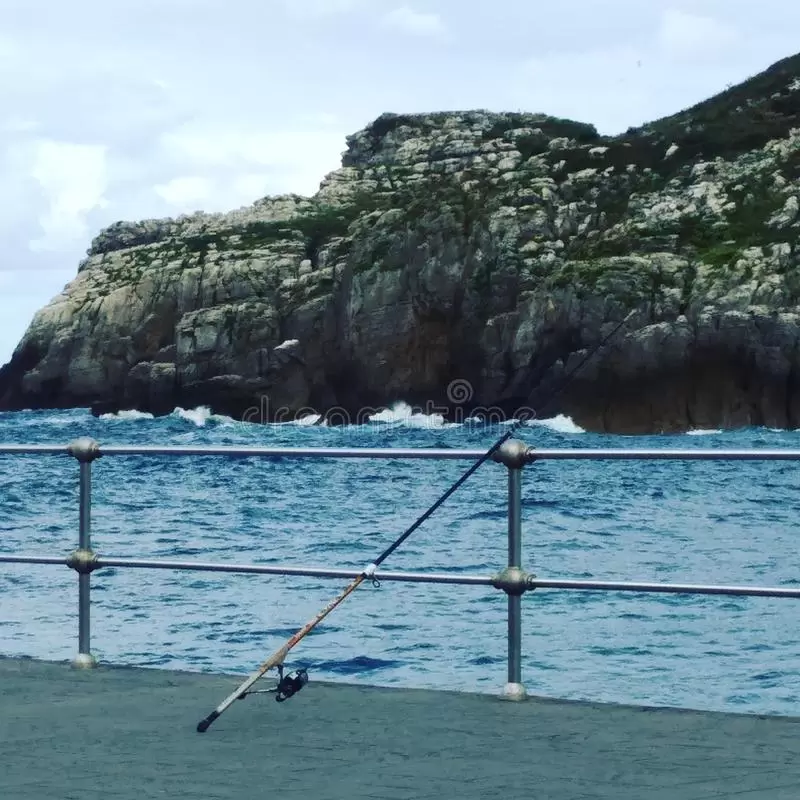
Lekeitio is a town located in the Basque region of Spain. This town is famous for its seafood and fishing tradition. Lekeitio's history is closely related to fishing and seafood trade. Therefore, the town's people are highly specialized in seafood and fishing.
Fishing in Lekeitio is done using traditional methods. Fishermen usually go out to sea with small boats and catch fish by throwing their nets. This method has become a part of the town's culture and is still practiced today.
Fishing in Lekeitio is not only a source of livelihood but also a source of flavor. The town is rich in seafood and fish dishes. In Lekeitio, seafood such as tuna, sardines, squid, and mussels are particularly popular. These seafood dishes are served in town restaurants and bars.
Seafood and fish dishes in Lekeitio are also included in traditional Basque cuisine. Basque cuisine is rich in seafood and fish dishes, and you can taste these flavors in Lekeitio. Especially, the tuna dish called "marmitako" is one of Lekeitio's most famous dishes.
The fishing tradition in Lekeitio is a part of the town's culture and has a rich culinary culture in seafood and fish dishes. Therefore, travelers visiting Lekeitio should visit the town's restaurants and bars to taste these flavors.
Fishing Tradition in Lekeitio: Future Threats and Conservation Efforts
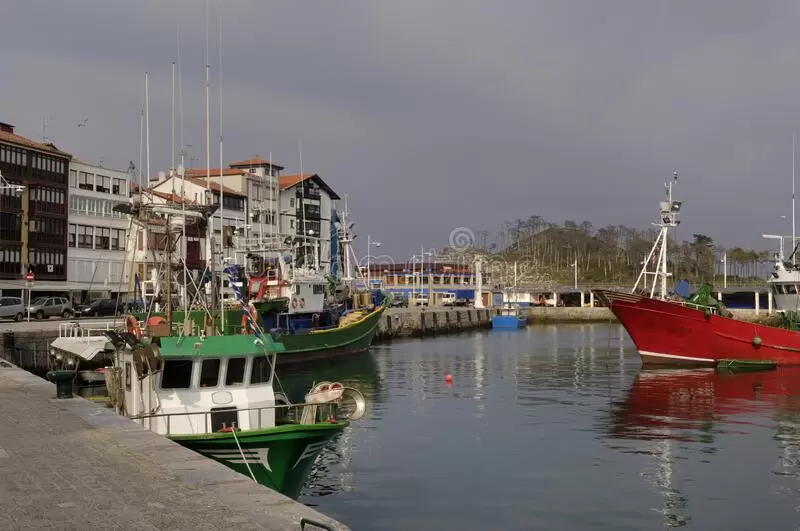
Lekeitio is a town located in the Basque region of Spain and is famous for its fishing tradition. The town has a fishing tradition celebrated every year in September with a festival called "Antzar Eguna". However, the future of this tradition is under threat and conservation efforts are needed.
Fishing in Lekeitio has been a practice for thousands of years. However, in recent years, due to the decrease in fish stocks and environmental factors, the fishing tradition is in danger. Although the fishing industry is an important source of the town's economy, conservation efforts are needed for its future sustainability.
Conservation efforts are related to the renewal of fish stocks and the sustainability of fishing methods. For this purpose, fishing methods in Lekeitio are limited to traditional methods and modern technologies are not used. In addition, fishing seasons and catch limits are restricted to preserve fish stocks.
Preserving the fishing tradition in Lekeitio is not only important for the town's economy but also for the preservation of cultural heritage. Therefore, conservation efforts should be continued and a fishing tradition that will be passed on to future generations should be provided.

Comments